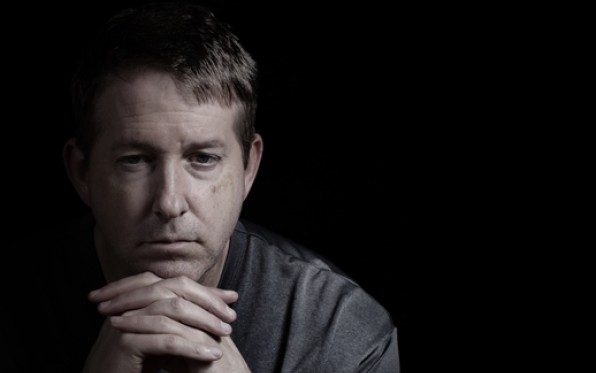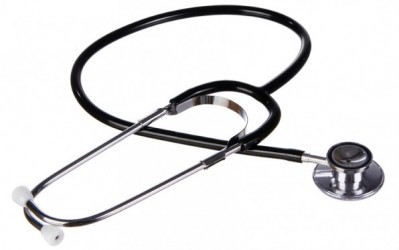SAN DIEGO–Everyone has ups and downs. Feeling sad or having “the blues” from time to time is normal. However, if those feelings won’t go away, they could be a sign you have depression.
May is Mental Health Month and is observed in the United States as a way to raise awareness, educate communities and reduce stigma surrounding individuals who suffer from mental illness.
“Feeling sad and down are normal reactions to everyday struggles and disappointments,” said Alfredo Aguirre, director for Behavioral Health Services for the County Health and Human Services Agency. “Depression is much more than just sadness. It’s a feeling of emptiness and despair that could take hold of your life and won’t go away. Depression makes it tough to function and enjoy life like you used to.”
How can you tell if you’re depressed?
If you have several of the following signs and symptoms—especially the first two—and they don’t seem to go away, you could be suffering from depression.
- Feeling hopeless and helpless: Your outlook on life is bleak. You feel as if things won’t get better and that there’s nothing you can do about it.
- Loss of interest in friends and things you used to do: Hanging out with your friends seems like a chore. Your hobbies and social activities now feel like a hassle. You’ve lost your ability to have fun.
- Tired all the time and have aches and pains: You feel physically drained. Even small tasks feel exhausting and endless. You experience physical ailments such as headaches, back pain, and aching muscles.
- Changes in sleep and appetite: You’re either not sleeping or sleeping too much. You experience significant weight gain or loss; your body weight changed by more than 5 percent in a month.
- Trouble concentrating and difficulty with easy tasks: You have trouble focusing, making decisions or remembering things.
- Negative thoughts persist: You have strong feelings of worthlessness or guilt. You are very critical of yourself for perceived faults and mistakes.
- More irritable and aggressive: You feel agitated, restless or even violent. Everything and everyone get on your nerves.
- Drinking more alcohol and engaging in reckless behavior: You use substance abuse as an escape, are gambling compulsively, driving recklessly or doing dangerous sports.
“Depression varies from person to person, but there are some common signs and symptoms. The more symptoms you have, the stronger they are and the longer they’ve lasted, the greater the chance that you have depression,” added Aguirre. “If the symptoms are overwhelming and disabling, that’s when it’s time to seek help.”
People experiencing a mental health disorder can access services by calling the County’s 24-hour, multilingual Access and Crisis Line at (888) 724-7240. Resources are also available at It’s Up to Us, the County’s suicide prevention and mental health stigma reduction website.









